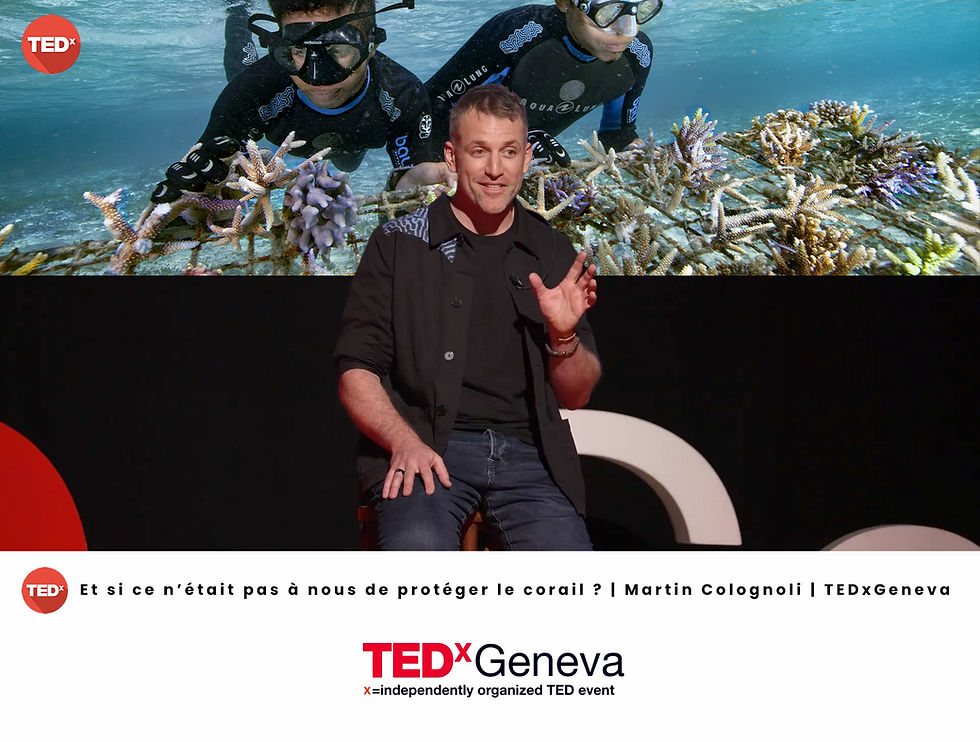Art and science
- Martin Colognoli

- Jan 26, 2024
- 2 min read
Updated: Nov 11, 2024

The interaction between art and science is a subject that fascinates me and offers me many opportunities for creative exploration. It can help to broaden our understanding of the world and create experiences that transcend traditional disciplinary boundaries.
This interaction has been explored in different ways throughout history. Although art and science are often seen as separate fields, there are many occasions when they intersect, feed off each other and mix. For example, reciprocal inspirations where artists can be inspired by scientific discoveries to create works that reflect our changing understanding of the world. Similarly, scientists can be inspired by artistic works to consider new perspectives or approach problems from a different angle.
Scientists can also use art to make their research more accessible to the general public. Artistic illustrations, graphics and animations can simplify complex scientific concepts and make them more understandable. This is a great help in "science communication".
Aesthetic exploration of technology: Some artists incorporate technological elements into their work, exploring the interactions between humans and technology. Interactive installations, robotic sculptures and other forms of contemporary art often explore advanced scientific concepts.
Creative representation of data: Artists can use scientific data to create unique visual works. This approach, known as data-driven art, transforms complex data sets into artistic representations, allowing the public to perceive information in a different way.
Exploring the boundaries of knowledge: Some artists use their work to question and challenge the boundaries of knowledge, often by incorporating scientific elements or tackling controversial issues from an artistic perspective.
Interdisciplinary collaboration: Collaborations between artists and scientists can lead to innovative projects that merge the two fields. These partnerships can lead to immersive experiences, performances or installations that challenge convention and enrich our understanding of the world.
The possibilities are therefore endless, with many avenues to explore in different fields.





